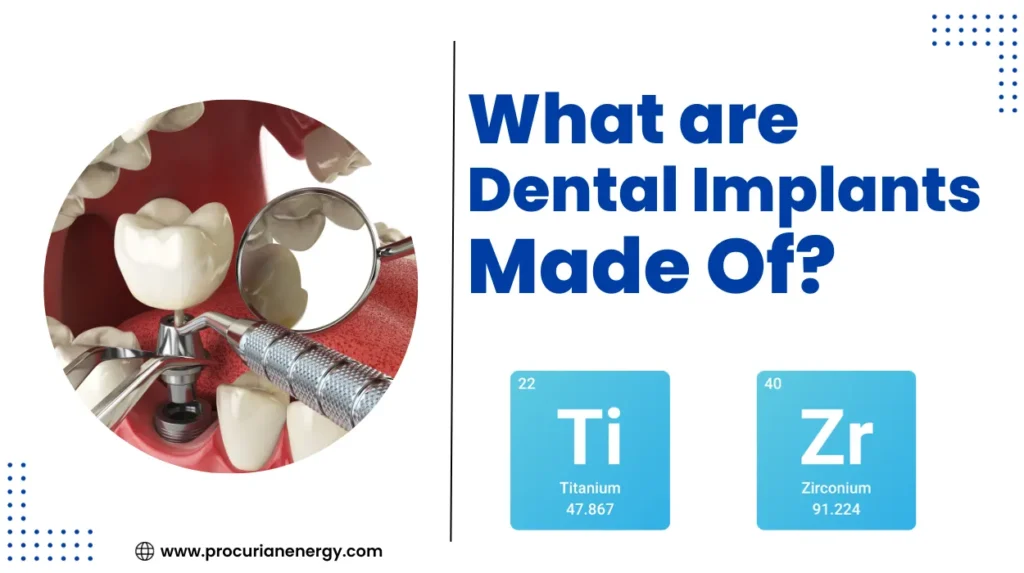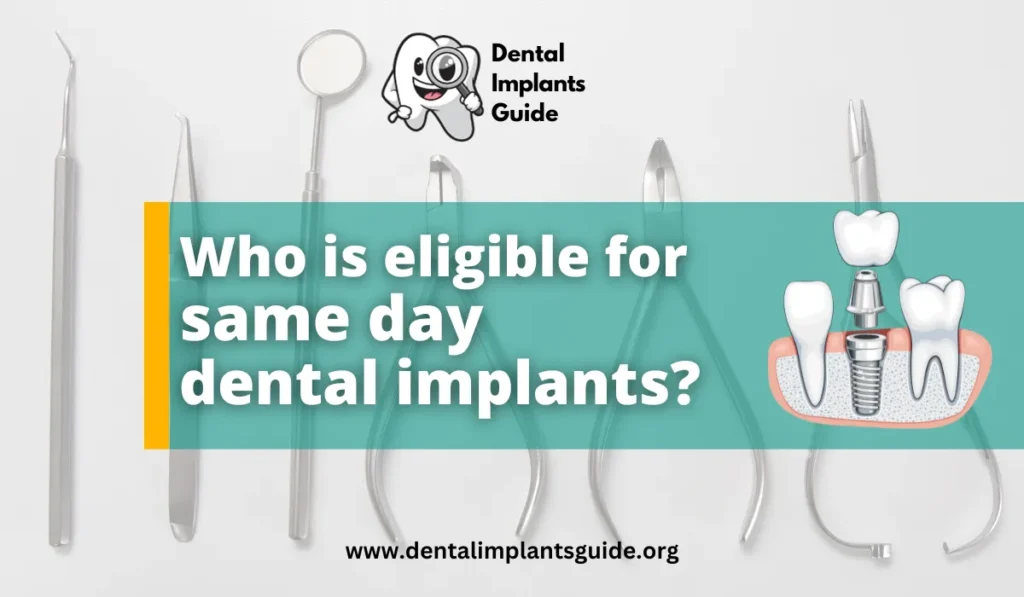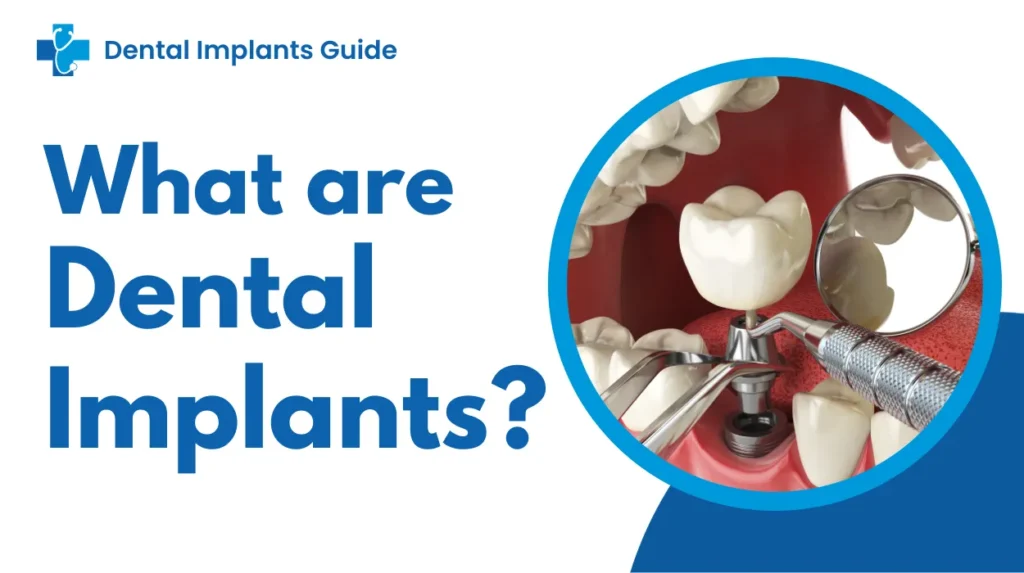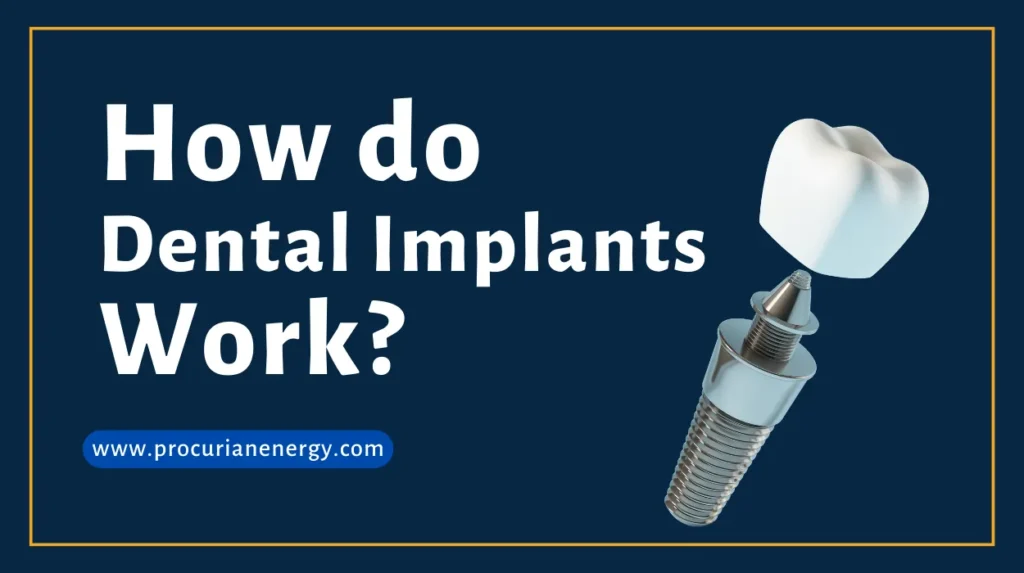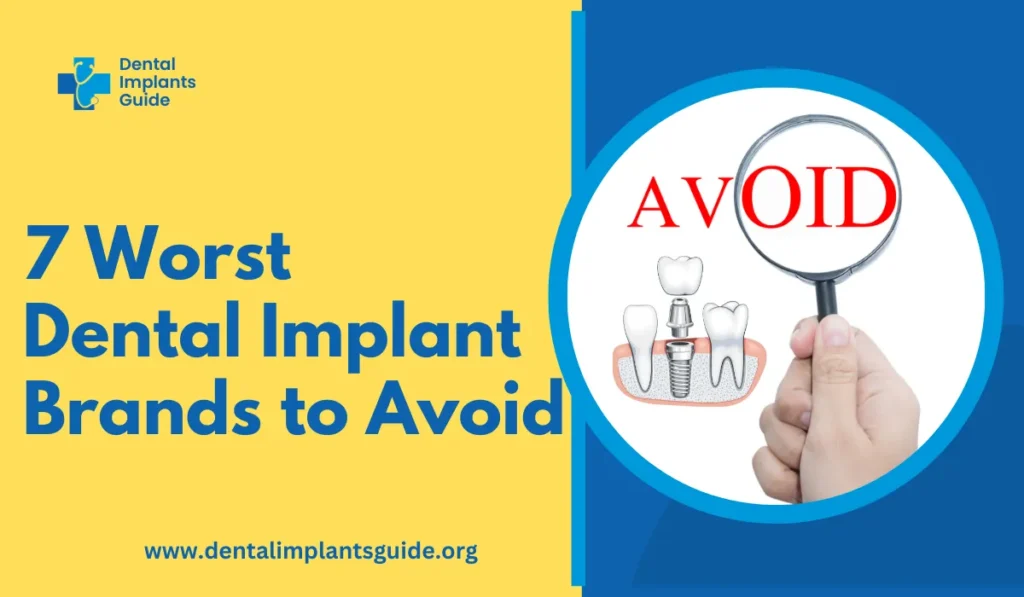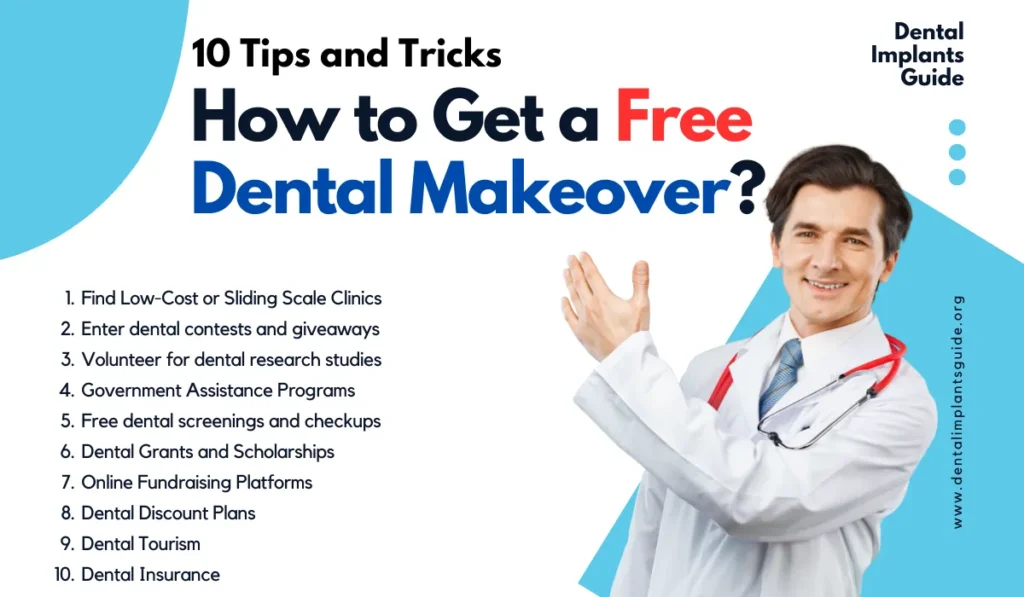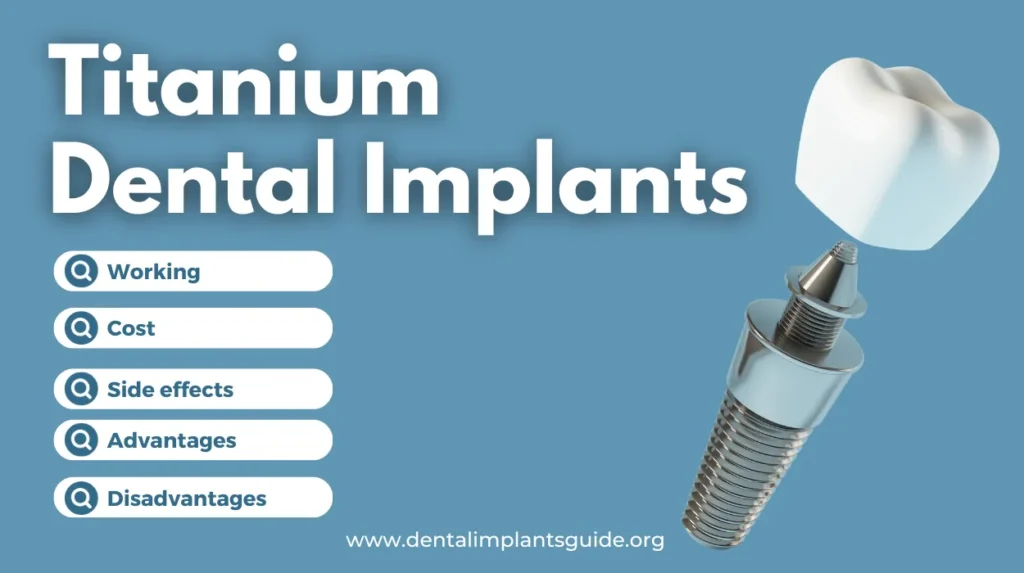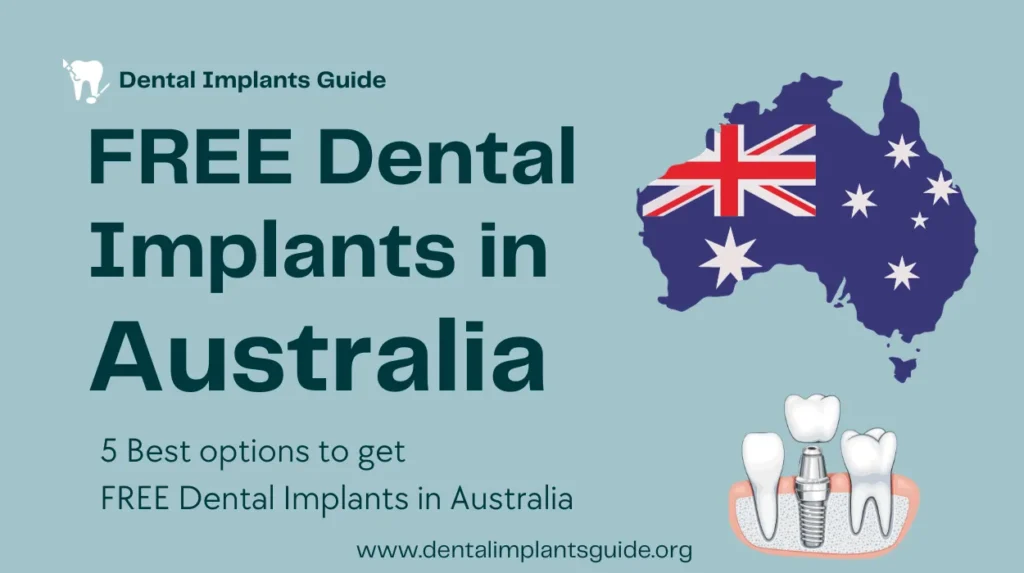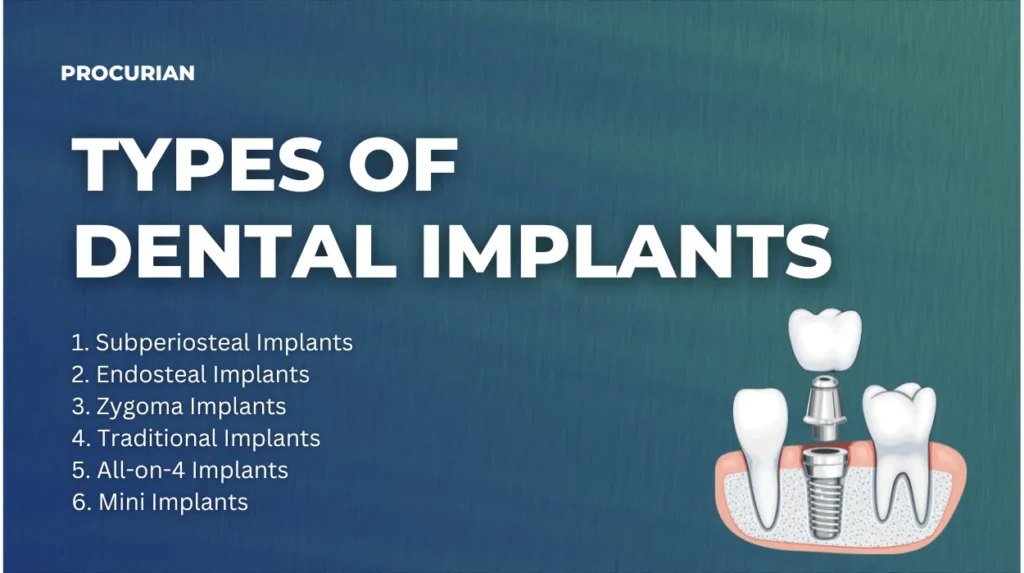Hello readers! Even though we understand how important dental health is, we occasionally still require a little extra help to keep our smiles.

Dental implants are a great way to replace missing teeth, despite the fact that they can be expensive.
Dental insurance may be able to help. What dental insurance can and cannot cover in terms of dental implants will be explained in this article.
What Are Dental implants?
Dental implants are like super-strong replacement tooth roots. They’re made of titanium and are surgically placed in your jawbone. Then, a crown or bridge is attached to the implant, giving you a brand-new tooth that looks and feels just like the real thing!
Why Do People Need Dental Implants?
People get dental implants for various reasons, such as:
- Replacing Missing Teeth – If you’ve lost a tooth or two due to accidents, decay, or gum disease, dental implants can fill the gap.
- Better Chewing – Implants make it easier to chew your favorite foods.
- Improved Confidence – Having a full set of teeth can boost your self-esteem and make you smile more.
Does Insurance Cover Dental Implants?
Now, let’s talk about what dental insurance usually covers when it comes to dental implants. Dental insurance plans often categorize dental implant procedures into three parts:
1st Part (Implant Surgery) – This includes the placement of the implant in your jawbone. Insurance plans usually provide some coverage for this part, typically ranging from 50% to 80% of the cost.
2nd Part (Abutment) – The abutment is a connector piece that attaches to the implant, holding the crown or prosthetic tooth in place. Insurance may cover a portion of the abutment cost, similar to the surgery, but the coverage percentage varies.
3rd Part (Restoration – The restoration phase involves attaching the crown, bridge, or denture to the implant. Dental insurance often provides coverage for this part, similar to coverage for traditional crowns or bridges.
| Dental Implant Phase | Coverage Percentage |
|---|---|
| Implant Surgery | 50% to 80% |
| Abutment | Varies |
| Restoration | Similar to crowns/bridges |
TYPES of Dental Insurance
There are different types of dental insurance plans, and what they cover can vary widely. Here are the most common types:
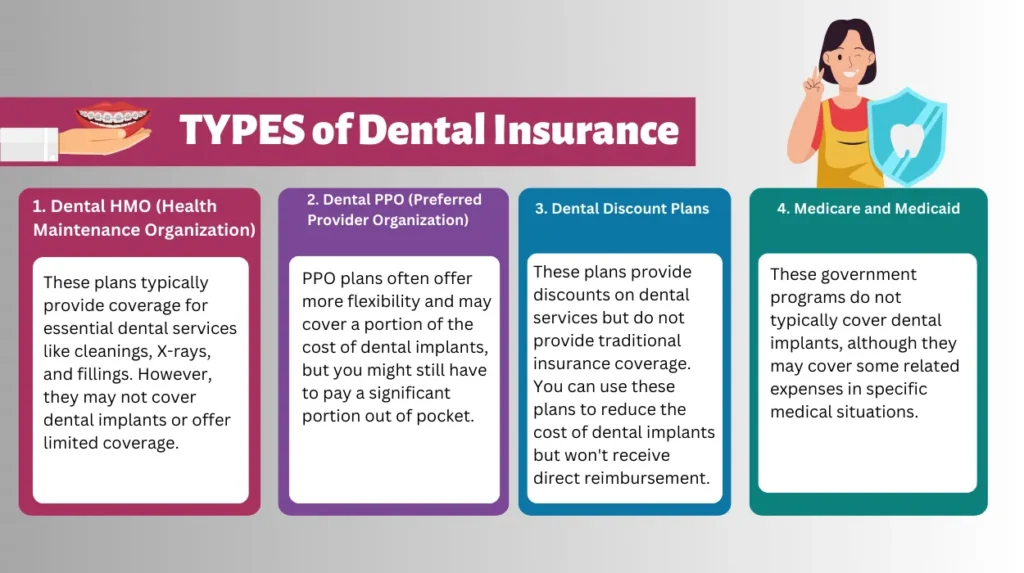
1. Dental HMO (Health Maintenance Organization) – These plans typically provide coverage for essential dental services like cleanings, X-rays, and fillings. However, they may not cover dental implants or offer limited coverage.
2. Dental PPO (Preferred Provider Organization) – PPO plans often offer more flexibility and may cover a portion of the cost of dental implants, but you might still have to pay a significant portion out of pocket.
3. Dental Discount Plans – These plans provide discounts on dental services but do not provide traditional insurance coverage. You can use these plans to reduce the cost of dental implants but won’t receive direct reimbursement.
4. Medicare and Medicaid – These government programs do not typically cover dental implants, although they may cover some related expenses in specific medical situations.
Best Dental Insurance Companies for Dental implants
1. Delta Dental

- Delta Dental is one of the largest dental insurance providers in the United States.
- They offer a wide range of plans, including PPO and HMO options.
- Delta Dental has an extensive network of dentists, making it easy to find an in-network provider.
- Customers often praise their straightforward claims process and reliable coverage.
2. UnitedHealthcare

- UnitedHealthcare offers dental insurance plans that can be bundled with their health insurance policies for added convenience.
- They provide access to a large network of dental care providers.
- UnitedHealthcare’s plans cover preventive care and major procedures, making them versatile for various dental needs.
3. Cigna

- Cigna dental insurance offers comprehensive coverage options, including plans for individuals, families, and employers.
- They emphasize preventive care and offer substantial discounts for in-network services.
- Cigna’s customer service is often commended for its responsiveness and helpfulness.
4. Humana

- Humana offers a range of dental insurance plans with various coverage levels to suit different budgets and needs.
- They have a strong emphasis on preventive care, including coverage for cleanings and exams.
- Humana often receives positive reviews for its user-friendly online tools and customer support.
5. Aetna

- Aetna offers a variety of dental insurance plans, including PPO and DMO options.
- They have an extensive network of dentists and specialists.
- Aetna provides additional wellness benefits and discounts to promote overall health and well-being.
6. MetLife

- MetLife dental insurance provides flexible coverage options for individuals, families, and employers.
- They have a broad network of dental providers and offer plans with preventive care, basic services, and major procedures.
- MetLife’s online tools make it easy to find dentists and manage your dental benefits.
7. Guardian Dental

- Guardian Dental insurance offers a range of plans with different coverage levels.
- They have a reputation for excellent customer service and a straightforward claims process.
- Guardian Dental emphasizes preventive care and offers orthodontic coverage as well.
8. Ameritas

- Ameritas dental insurance provides a variety of plans, including PPO and DHMO options.
- They offer coverage for a wide range of dental services, from routine cleanings to major procedures.
- Ameritas is known for its competitive rates and flexibility.
Important Queries related to Dental implants:
- How much do Dental Implant Cost in the USA?
- Why NO Dairy after Dental implant & What to Eat Instead?
How to Maximize Your Dental Insurance Coverage?
If your insurance doesn’t fully cover dental implants, here are a few tips to help you make the most of your coverage:
- Keep up with preventive care to avoid bigger issues.
- Consider supplementary dental insurance or discount plans.
- Talk to your dentist about payment plans or financing options.
What to Do If Your Insurance Doesn’t Cover Enough?
If your dental insurance doesn’t cover the full cost of dental implants or if you don’t have dental insurance, here are some options to consider:
- Payment Plans – Many dental offices offer flexible payment plans to spread out the cost of dental implants over time.
- Dental Financing – You can explore dental financing options through third-party lenders that specialize in healthcare financing.
- Health Savings Account (HSA) or Flexible Spending Account (FSA) – You can use these tax-advantaged accounts to pay for dental implant expenses.
- Negotiate – Speak with your dentist about potential discounts or payment arrangements, especially if you need multiple implants.
- Seek a Second Opinion – If the cost of dental implants seems high, consider getting a second opinion from another dentist or oral surgeon to compare prices.
PROS & CONS of Dental insurance
| Pros of Dental Insurance | Cons of Dental Insurance |
|---|---|
| 1. Financial Protection | 1. Premium Costs |
| 2. Preventive Care Incentives | 2. Coverage Limitations |
| 3. Cost Savings | 3. Deductibles |
| 4. Network Discounts | 4. Limited Provider Choice |
| 5. Coverage for Major Procedures | 5. Exclusions and Waiting Periods |
| 6. Emergency Coverage | 6. Claim Denials |
| 7. Orthodontic Benefits | 7. Limited Cosmetic Coverage |
| 8. Family Coverage | 8. Annual Premium Increases |
| 9. Access to Preventive Education | 9. Complex Plans |
| 10. Tax Benefits | 10. Coordination with Health Insurance |
Important FAQs related to Dental Implants:
How do you get implants when you can’t afford it?
If you can’t afford implants, try these options:
1. Check for low-cost clinics or dental schools.
2. Ask about payment plans with your dentist.
3. Explore dental insurance or discount plans.
4. Look for charitable organizations that help with dental care costs.
What is the best dental insurance for implants?
The best dental insurance for implants are Delta Dental, Ameritas, and MetLife.
What’s the cheapest way to replace your teeth?
The cheapest way to replace teeth is with removable dentures. They cost less than dental implants and bridges but may have some drawbacks.
Are implants worth the money?
Yes, implants are worth the money because they look natural, last a long time, and let you eat comfortably, boosting confidence.
Who is eligible for implants?
Most people with good oral health and enough jawbone are eligible for dental implants.
How much does it cost to replace one tooth?
Replacing one tooth with a dental implant can cost between $3,000 to $6,000 in the USA.
Can you get implants at any time?
Yes, you can get dental implants, but the right time depends on your oral health and age.
What happens if I don’t do a dental implant?
If you don’t get a dental implant, the gap from the missing tooth may lead to problems like difficulty eating, shifting of nearby teeth, and changes in your smile’s appearance.
How can I get natural implants?
To get natural-looking dental implants, talk to a dentist. They’ll choose the right implant type, match the color, and make sure it fits well for a real smile.
What is the most common age for dental implants?
The most common age for dental implants is usually between 35 and 64 years old when people may have lost teeth due to various reasons and want a long-term solution.
How many teeth can you have on implants?
You can have as few as one tooth or as many as a full set of teeth (usually around 28 to 32) on dental implants, depending on your needs.
How many implants do I need for a full bridge?
You typically need about 4 to 6 dental implants to support a full bridge.
What are my options if I have no back teeth?
If you don’t have back teeth, your options are dental implants, bridges, or partial dentures to fill the gaps and help you chew better.

